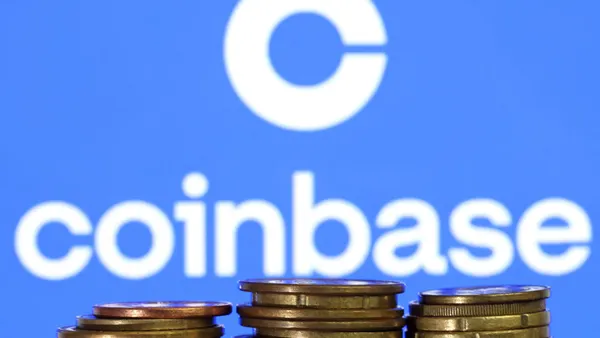The Federal Reserve withdrew three pieces of Biden-era guidance Thursday related to banks’ engagement in cryptocurrency.
The Fed withdrew two supervisory letters dictating that banks should seek prior approval from regulators before dabbling in cryptocurrency or stablecoin ventures.
It also joined the Federal Deposit Insurance Corporation and the Office of the Comptroller of the Currency in withdrawing a 2023 joint statement warning banks of “key risks” associated with the novel asset class.
The Fed said it will no longer expect banks to provide notification of crypto or stablecoin activities and will instead monitor such activities through the normal supervisory process.
The changes “ensure the Board's expectations remain aligned with evolving risks and further support innovation in the banking system,” the Fed said in a statement alongside the withdrawals.
Biden-era financial regulators were seen by the crypto world as unamenable to digital assets, and it was alleged that regulators conducted a concerted effort, known as Operation Choke Point 2.0, to keep crypto out of the traditional financial sector. Gary Gensler, then head of the Securities and Exchange Commission, said in 2023 that the industry was full of “hucksters, fraudsters, scam artists, [and] Ponzi schemes.”
Regulators under Trump 2.0, however, have positioned themselves as pro-crypto by walking back old guidance, abandoning legal cases against crypto firms and, in the case of the SEC, creating a task force with the express purpose of regulatory framework development.
Sen. Cynthia Lummis, R-WY, however, took to social media site X Friday to call the Fed’s guidance withdrawals “just noise, not real progress.”
“We are NOT fooled. The Fed assassinated companies within the industry and hurt American interests by stifling innovation and shuttering businesses. This fight is far from over,” she wrote.
Lummis has long been a proponent of digital assets, and three years ago introduced a bill that aimed to give the industry a regulatory framework. She was recently named chair of the Senate’s first-ever panel on digital assets.
A Fed spokesperson did not respond to a request for comment.












